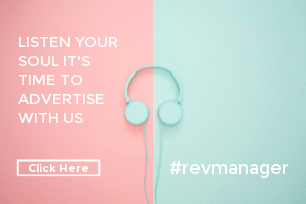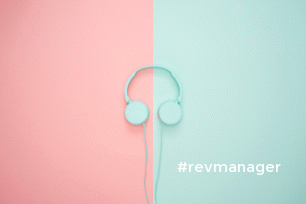There are lots of tools that help us monitor our website and much of our focus and effort is on generating traffic with the expectation of direct reservations. The dynamization of social networks, marketing campaigns, newsletters or blogs sometimes favor this task. However, it turns out that much of this traffic gets lost in our booking engine.
We must put ourselves in the perspective of the visitor and detect the constraints that may affect their shopping experience and consequent lack of direct booking. An outdated booking engine, as well as being unattractive, is not user friendly and not simple for our prospective client. Recent studies point to an effective conversion close to 2% in direct bookings. What happened to the remaining 98%? It is here that we focus our attention and realize what may have gone wrong. What difficulties did they have? What distractions or losses of interest have led to the abandonment of the purchase? Since our point of view may be "infected" due to involvement in the creation process, to minimize this, we can do the following: Ask a group of non-hotel friends to make some test reservations and share their findings. You will get truly amazing results!
What constraints or barriers may the potential client encounter during their attempt to purchase? There are several impediments you may encounter, however, we highlighted four key points:
- They do not like what they see
- They do not find what they want
- Process is long and complex
- Distrust in website and company
Consumers do not like what they see
Consumers are becoming increasingly attentive and demanding, as they search and navigate in an efficient way to get the best price. That does not mean you have to have the best price available, but your offer will have to be the one that adds the most value to that type of customer. Packages with honest value (whose sum of the parts is greater than the package purchase) and exclusive offers or promotions, several are the techniques to capture a purchase on your website.
Errors in loading prices or offers, delays when sending the data, and mismanagement of inventory availability can lead to a lack of price parity. This inconsistency is reflected in the choice of hotel.
Clarity and simplicity in the offer
We want to sell everything to everyone, and this mistake can be fatal. We constantly fall into the temptation to have a complex list of products / room types, ending with an intricate list of terms and conditions. OTAs, on the other hand, have simple processes, people can find quickly what is sought, compare prices and finalize the purchase without major restrictions. It is this clarity and simplicity that we have to follow on our side. Remember that the more room types we offer, the less availability we will have for each of them, and if a customer is faced with a lack of availability, we lose to OTAs, as its base typology will certainly have more availability.
Simple typologies and prices in the first stage capture the attention, and in the next step, we come up with suggestions for upgrading or offers packaged together, is undoubtedly the solution we are looking for.
We can not forget the Booking Terms and Conditions. If it is very restricted, the client will look for other alternatives. Many OTAs are adept at working with this flexibility of purchase that your customer needs.
Long and complex shopping process
Again, clarity and simplicity throughout the customer's "journey" until the payment step. Nowadays this point is easier to manage, taking into account the wide range of Booking Engine softwares available in the market.
Almost every Booking Engine that has great performances, the buying process is fluid, simple, and is highly responsive. For an effective reservation it should not take much more than 3 clicks for a direct booking.
Distrust in the website or reservation process
A large percentage of people turn to review websites or friends before moving on to a purchase. In this way there is confirmation of whether or not the product has the value that is displayed on the website. The same confidence that we want the customer to feel with our product has to be identified under our conditions, otherwise the potential client will abandon the purchase because they feel being called into question..
They may also lose their confidence when they have to read extensive Terms and Conditions, when are asked for deposits, when rates are non-refundable or when that information was not transmitted at an earlier stage of the purchase process. People do not feel comfortable entering credit card details even if there is no charge on it.
We will have to be honest and trustworthy, taking the customer to buy in a reliable environment, with all the security and comfort as if they were in the hotel itself.
When someone chooses a hotel and a product, they expect it to be a simple, clear and honest process. Otherwise, they can choose another channel or even another hotel.



